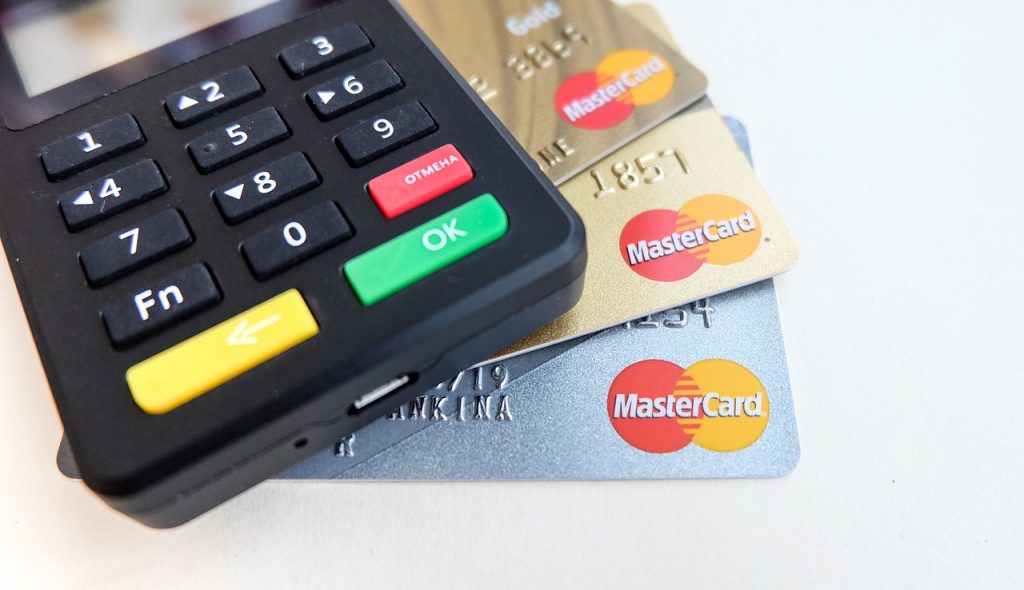Forex trading can be highly lucrative, but there is, sadly, a growing trend in sophisticated scams affecting traders worldwide. That said, not all forex scams are the same – which is why it’s essential to know where they come from and how you can avoid falling for their tricks.
As well as getting to know how scams work and what to look for, it’s worth reading leading expert guides on how to avoid forex scams. Forex Fraud is a leading repository for up-to-date advice and guidance on protecting your investments – and yourself – in the event of a scammer targeting you.
In the meantime, however, let’s consider where forex scams come from and how the most common forms of fraud occur globally.
Table of Contents
Signal sellers
Signal sellers are those brokers, sellers, or organizations that advise you on specific forex pairings. For example, a legitimate signal seller may have years of trading experience in USD/GBP and will confidently advise you on when to buy and sell your currencies.
However, signal selling is also rife with fraud. Illegitimate signal sellers will request money upfront for advice they ‘intend’ to give. Signal fraudsters will simply take your money and never advise you – never to be seen again.
The best way to avoid these scams is to research your sources carefully. Does your prospective signal seller have a clear background in forex? Can they prove their qualifications?
Unregulated brokers
Before working with any type of forex broker or brokerage, you must look for proof of regulation. Unregulated brokers will promise access to a trading platform and charge you for unneeded services and hidden fees.
A broker scam may still give you access to a trading hub – but watch out for costs stacking up. Always check regulation notices available through trustworthy brokers directly; if this particular avenue doesn’t feel right, don’t follow it.
Robo-scammers
Robo-scamming is growing ever more common in the ever-advancing world of artificial intelligence. While machine learning is helping many traders to set up and manage complex portfolios for the first time, machines also aid scammers and fraudsters.
Of course, robots can’t scam you on their own – which means that scammers using machine learning will lead in with promises to show you an industry-changing investing system. However, beneath the surface, this AI is neither regulated nor proven to produce worthwhile results!
As with checking for regulations, never be afraid to ask more questions about potential robo-trading systems. Do a little homework and due diligence, too.
Forex scams are here to stay
Unfortunately, there will always be a risk of fraud through forex trading. Just as you should take your time to invest carefully with cryptocurrency markets, it really does pay to research your forex options and brokers carefully. Otherwise, you’ll be out of money and part of a worryingly growing statistic! Be sure to safeguard yourself from scams before investing, period.

